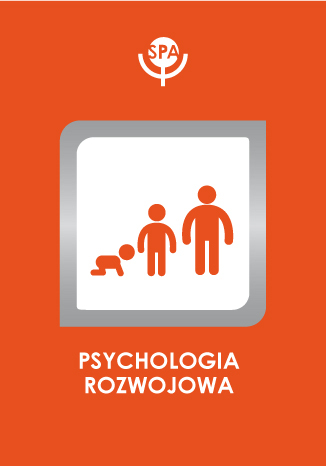O wpływie dążeń osoby na losy zawodowe

Henryk Jarosiewicz
DOI:10.14691/CPPJ.20.1.93
Rocznik: 2014 Tom: 20 Numer: 1
Vocational outcomes are a product of the decision-making action and spontaneous choices which concern not only objects, but also relations. While human strivings, as very personal and even intimate, still remain rather little researched, they are instrumental to accounting for observable inclinations to spontaneously opt for certain occupational relationships. The author defi nes vocational strivings as a person’s states of being which are relatively enduring products of the subject’s dynamisms in relations with the world. As long as the strivings become the content of self-knowledge, they are mentally refl ected in the person’s vocational inclinations. The inclinations, in turn, give direction to efforts the person undertakes in order to improve his/her situation in life. Making choices under the infl uence of his/her strivings, a person both has a sense of spontaneity as well as is assured that what s/he seeks meets his/her needs. However, while decisions on the objects of action are clear and easily explicable within situational frameworks, choices of the objects of wanting, though subjectively explicit, tend to be entirely unclear and diffi cult to explain. The person knows that s/he has made a choice, but does not know the reasons for it. Elucidating one’s own desires and strivings requires an advanced self-knowledge. To objectify strivings is a challenge also for career counsellors. The author puts forward a theoretical framework in which to consider the related phenomena and develops a model in which to account for human activity in the variable contexts of diverse man-world relationships. He also explores how vocational strivings and inclinations infl uence career paths.









 Pobierz pełny tekst
Pobierz pełny tekst



